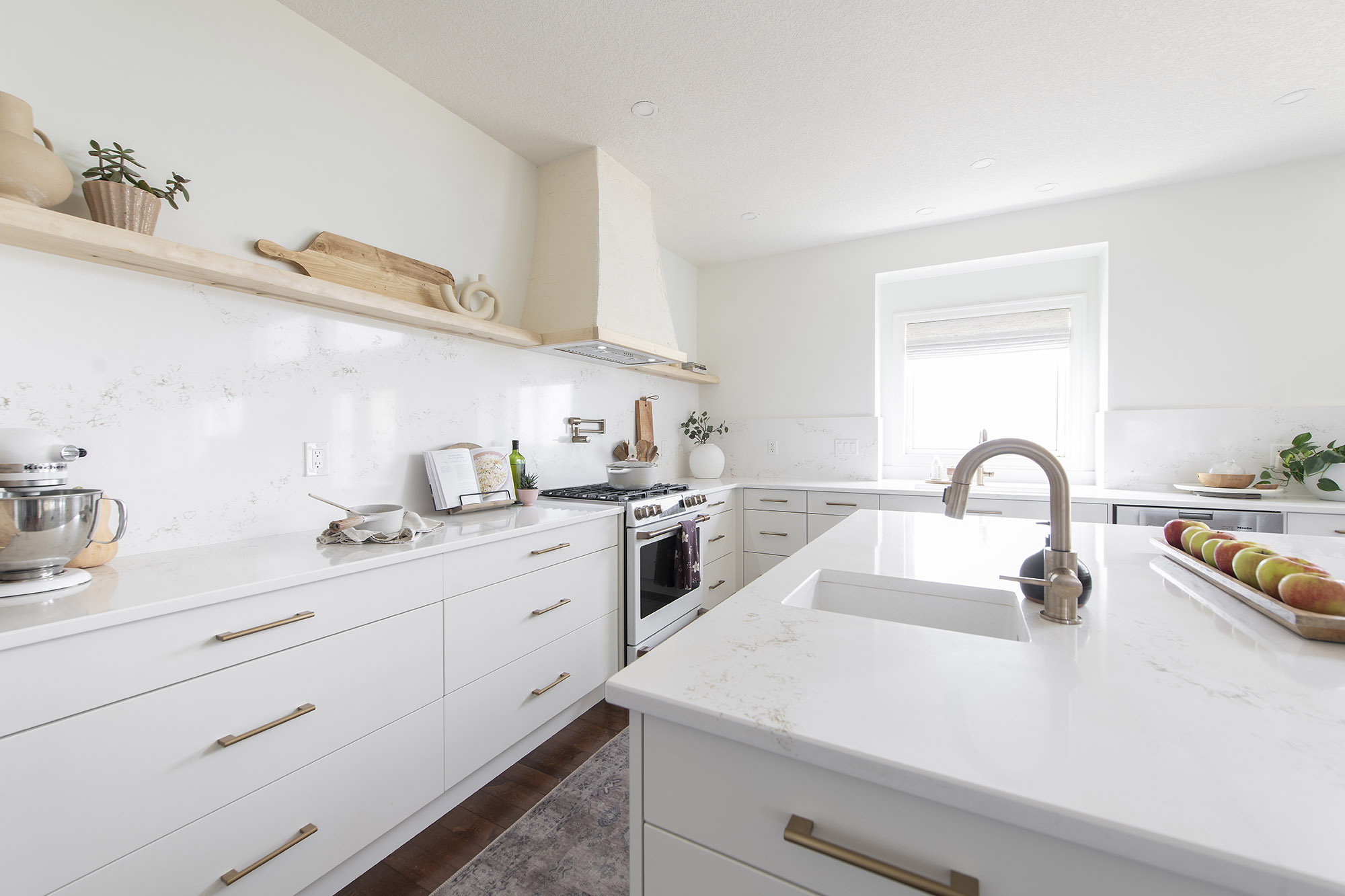

Articles
How Strong Are Quartz Countertops
Modified: October 20, 2024
Find out how strong quartz countertops really are in this informative article. Learn about their durability and resistance to scratches and stains.
(Many of the links in this article redirect to a specific reviewed product. Your purchase of these products through affiliate links helps to generate commission for Storables.com, at no extra cost. Learn more)
Introduction
Quartz countertops have become a popular choice for homeowners and designers due to their durability, beauty, and low-maintenance properties. When it comes to picking the perfect countertop material, strength plays a crucial role. After all, countertops are subjected to daily wear and tear, including chopping, cooking, and heavy objects being placed on them. Understanding the strength of quartz countertops is essential to ensure they can withstand the demands of a busy kitchen.
Quartz countertops are made from a combination of natural quartz crystals and resin. This unique composition gives them their strength and makes them a resilient choice for kitchen and bathroom surfaces. Unlike other countertop materials like granite or marble, quartz countertops are engineered to be non-porous, meaning they are highly resistant to stains, scratches, and heat.
But how strong are quartz countertops exactly? In this article, we will explore the composition of quartz countertops, factors that contribute to their strength, testing methods for measuring their strength, and how they compare to other countertop materials. Additionally, we will discuss the advantages of having strong quartz countertops and provide maintenance and care tips to help you keep them looking their best.
Whether you are a homeowner considering quartz countertops for your kitchen renovation or a designer looking for insights into countertop materials, this article will provide you with a comprehensive understanding of the strength of quartz countertops and why they are an excellent choice for your space.
Key Takeaways:
- Quartz countertops are exceptionally strong due to their composition of natural quartz crystals and resin binder. Their durability, resistance to scratches, and low maintenance make them a reliable choice for busy kitchens and bathrooms.
- When compared to other popular countertop materials, quartz countertops stand out for their superior strength and durability. Their resistance to stains, heat, and impact, coupled with a wide variety of colors and designs, make them a practical and visually appealing option for any space.
Read more: What Are Quartz Countertops
Composition of Quartz Countertops
Quartz countertops are composed of approximately 90-95% natural quartz crystals and 5-10% resin binder. The quartz crystals used in the manufacturing process are mined from quarries and are one of the hardest minerals found in nature. These crystals are then combined with a resin binder, typically made from polyester or epoxy, to create a solid surface.
During the fabrication process, the quartz crystals are ground into a fine powder and mixed with the resin binder. This mixture is then poured into molds and compacted under high pressure to remove any air pockets and ensure a dense, solid countertop. Once the mixture has cured, the resulting slab is cut to size, polished, and installed as a countertop.
The addition of the resin binder not only adds strength to the quartz countertop but also provides flexibility and resistance to cracking. The resin binder acts as a binding agent, holding the quartz crystals together and providing a cohesive structure. It also helps to make the surface non-porous, making the countertop resistant to stains and bacteria.
In addition to the quartz crystals and resin binder, some manufacturers may also incorporate pigments, glass, or metal flakes into the quartz countertop to create a variety of colors and patterns. These additives do not affect the overall strength of the countertop but enhance its aesthetic appeal.
It is worth mentioning that the composition and manufacturing process of quartz countertops may vary slightly depending on the manufacturer. However, the core components remain consistent – natural quartz crystals and a resin binder. This composition contributes to the strength, durability, and longevity of quartz countertops.
Now that we have a better understanding of the composition of quartz countertops, let’s delve into the strength aspects and why they are highly regarded in the realm of countertop materials.
Strength of Quartz Countertops
Quartz countertops are known for their exceptional strength and durability. The combination of natural quartz crystals and the resin binder gives them a solid structure that can withstand heavy use and resist scratching, chipping, and cracking.
One of the primary factors contributing to the strength of quartz countertops is the hardness of the quartz crystals themselves. Quartz is ranked at a 7 on the Mohs scale of mineral hardness, which means it is harder than most countertop materials, including granite and marble. This hardness makes quartz countertops highly resistant to normal wear and tear, such as knife marks and impact from dropped objects.
In addition to hardness, the resin binder used in quartz countertops adds to their strength. The binder helps to hold the quartz crystals together, creating a cohesive and durable surface. This added strength makes quartz countertops less prone to cracking or breaking under pressure compared to other countertop materials.
Moreover, the manufacturing process of quartz countertops helps to further enhance their strength. The high-pressure compaction and curing process ensures that the quartz and resin mixture forms a dense and solid slab, free from air pockets or weak spots. This makes the countertop less susceptible to damage and increases its overall strength.
Another strength aspect of quartz countertops is their resistance to heat. While quartz is not heat-proof, it is heat-resistant to a certain degree. It can withstand moderate levels of heat from hot pots, pans, and cooking utensils without being damaged or discolored. However, it is still recommended to use trivets or hot pads to protect the surface and maintain its longevity.
Overall, the combination of quartz’s natural hardness, the resin binder, and the manufacturing process make quartz countertops incredibly strong and durable. They are designed to withstand the demands of daily kitchen use, providing a reliable and long-lasting surface for years to come.
In the next section, we will explore the factors that can affect the strength of quartz countertops.
Factors Affecting the Strength of Quartz Countertops
While quartz countertops are known for their strength and durability, certain factors can affect their overall strength. It is important to consider these factors to ensure the longevity and performance of your quartz countertops.
One of the key factors affecting the strength of quartz countertops is the quality of the manufacturing process. Quartz countertops should be fabricated by reputable manufacturers who follow strict guidelines and use high-quality materials. This includes properly mixing the quartz crystals and resin binder, applying the right amount of pressure during compaction, and ensuring adequate curing time. A poorly manufactured quartz countertop may have weak spots or inconsistencies, compromising its strength and durability.
The thickness of the quartz countertop also plays a significant role in its strength. Thicker countertops are generally stronger, as they have more material to withstand pressure and resist impact. The industry-standard thickness for quartz countertops is typically 1.25 inches (3 cm) or 2 centimeters, but some manufacturers offer thicker options for added strength and durability.
Installation is another important factor to consider. Proper installation ensures that the quartz countertop is securely supported and evenly distributed on the cabinetry or substrate. If the countertop is not installed correctly or if it is subjected to stress due to an uneven or insufficient support system, it may lead to cracks or instability, compromising its strength.
While quartz countertops are resistant to scratches and stains, using abrasive cleaners or harsh chemicals can affect their strength over time. It is important to follow the manufacturer’s guidelines for cleaning and maintenance, using non-abrasive cleaners and avoiding abrasive scrubbing pads or tools. Additionally, acidic substances such as lemon juice or vinegar can etch the surface of the countertop and weaken its strength if allowed to sit for prolonged periods. Promptly wiping up spills and avoiding prolonged exposure to acidic substances can help maintain the strength of the quartz countertop.
Finally, the overall care and usage of the quartz countertop can impact its strength. While quartz is highly durable, it is not indestructible. Extreme force or impact, such as dropping heavy objects or using excessive pressure, can potentially damage or crack the countertop. It is important to treat the quartz countertop with care and avoid any actions that could compromise its strength.
By considering these factors and taking the necessary precautions, you can ensure that your quartz countertops remain strong, durable, and visually appealing for many years to come.
In the next section, we will explore the testing methods used to measure the strength of quartz countertops.
Testing Methods for Measuring the Strength of Quartz Countertops
When it comes to measuring the strength of quartz countertops, several testing methods are used to evaluate their performance and durability. These tests help manufacturers and consumers understand how well the countertops can withstand various forces and ensure they meet quality standards. Here are some of the common testing methods employed:
1. Impact resistance testing: This test evaluates the countertop’s ability to withstand sudden impact or force. A weighted pendulum or a falling ball is dropped onto the countertop surface to simulate a heavy object being dropped. The countertop’s resistance to cracking or fracturing upon impact is assessed.
2. Scratch resistance testing: Quartz countertops are tested for their resistance to scratches using different materials with varying hardness levels. The test involves rubbing the countertop surface with abrasive materials, such as diamond or steel, to determine how well it withstands scratching. The countertop is then evaluated for any visible scratches or damage.
3. Tensile strength testing: Tensile strength refers to a material’s ability to resist being pulled apart or stretched. In this test, a force is applied to the countertop in a controlled manner until it reaches its breaking point. By measuring the force required to break the countertop, its tensile strength can be determined.
4. Flexural strength testing: Flexural strength refers to a material’s ability to bend without breaking. This test involves applying a force to the center of a supported countertop slab until it fractures. The amount of force required to cause the countertop to break provides an indication of its flexural strength.
5. Water absorption testing: While quartz countertops are non-porous, they may still have small gaps or imperfections that could allow water to seep in over time. Water absorption testing determines how much water is absorbed by the countertop’s surface. This test helps in assessing the countertop’s resistance to water damage and potential weakening due to prolonged exposure to moisture.
6. Thermal shock resistance testing: Quartz countertops are subjected to extreme temperature changes to evaluate their resistance to thermal shock. The countertop is exposed to high heat and then rapidly cooled with cold water to simulate sudden temperature changes in a real-life scenario. The ability of the countertop to withstand these temperature fluctuations without cracking or damage is assessed.
These testing methods, among others, assist manufacturers in ensuring the quality and strength of quartz countertops. By undergoing rigorous testing, quartz countertops can provide homeowners with confidence in their long-term performance and durability.
In the next section, we will compare the strength of quartz countertops with other popular countertop materials.
When considering the strength of quartz countertops, it’s important to note that they are highly durable and resistant to scratches, heat, and stains. However, it’s still best to use cutting boards and trivets to prolong their lifespan.
Read more: How To Refinish Quartz Countertops
Comparing the Strength of Quartz Countertops with Other Materials
When it comes to countertop materials, quartz stands out for its high strength and durability. Let’s compare the strength of quartz countertops with other popular materials:
1. Granite: Granite is a natural stone known for its strength and hardness. It is comparable to quartz in terms of durability and resistance to scratching and heat. However, quartz countertops have a slightly higher strength rating due to the uniformity of the engineered manufacturing process.
2. Marble: Marble is a beautiful natural stone, but it is not as strong as quartz. Marble countertops are more susceptible to scratches, stains, and heat damage. They require more maintenance and care to preserve their appearance and strength.
3. Solid Surface: Solid surface countertops, like Corian, are made of a synthetic material that is resistant to stains and scratches. However, they are not as strong as quartz and are more prone to chipping and cracking under heavy impact.
4. Laminate: Laminate countertops are a budget-friendly option, but they are not as strong as quartz. Laminate surfaces are susceptible to scratching, chipping, and heat damage, and they have a shorter lifespan compared to quartz countertops.
5. Stainless Steel: Stainless steel countertops are renowned for their durability and resistance to heat and stains. While they are highly durable, they are susceptible to scratches and dents, which can affect their overall strength.
6. Concrete: Concrete countertops are known for their strength and durability. However, their strength can vary depending on the quality of the mix and the reinforcement used. Proper sealing is also essential to maintain the strength and prevent staining.
Overall, quartz countertops surpass many other popular countertop materials in terms of strength and durability. They offer a consistent and reliable surface that can withstand the demands of daily use without compromising their appearance or structural integrity.
In the next section, we will explore the advantages of having strong quartz countertops.
Advantages of Strong Quartz Countertops
The strength of quartz countertops comes with a multitude of advantages that make them a preferred choice for homeowners and designers. Let’s explore the benefits of having strong quartz countertops:
- Durability: Strong quartz countertops are highly resilient and can withstand the rigors of daily use in a busy kitchen. They are resistant to scratches, chipping, and cracking, making them a long-lasting option that can handle the demands of a high-traffic area.
- Stain Resistance: Quartz countertops are engineered to be non-porous, which means they are highly resistant to stains. The dense surface composition prevents liquids and spills from seeping into the countertop, making it easier to clean and maintain.
- Heat Resistance: While quartz is not completely heat-proof, it has good heat resistance compared to other materials. It can withstand moderate levels of heat from hot pans and cooking utensils without getting damaged or discolored. However, it is still advisable to use trivets or hot pads to protect the surface and maintain its longevity.
- Low Maintenance: Strong quartz countertops require minimal maintenance. They do not require sealing, unlike natural stone countertops such as granite or marble. Regular cleaning with mild soap and water is typically sufficient to keep them looking pristine. This low-maintenance characteristic makes quartz countertops an attractive choice for busy homeowners.
- Color and Design Variety: Quartz countertops offer a wide selection of colors, patterns, and finishes, allowing homeowners to find the perfect match for their kitchen or bathroom design. Whether you prefer a classic, contemporary, or eclectic style, there is a quartz countertop option to suit your aesthetic preferences.
- Hygienic: The non-porous surface of quartz countertops makes them highly resistant to bacteria and mold growth. This makes them a hygienic choice for food preparation areas, where cleanliness is essential.
- Uniformity: Unlike natural stone countertops, which can vary in appearance, strength, and pattern, quartz countertops offer consistent color and pattern throughout the slab. This uniformity allows for a more cohesive and seamless look, especially in larger spaces or where multiple slabs are used.
These advantages make strong quartz countertops a practical and aesthetically pleasing choice for any kitchen or bathroom. Their durability, low maintenance, and resistance to stains and heat provide homeowners with peace of mind, knowing they have a surface that can withstand the demands of everyday life.
Now that we understand the advantages of strong quartz countertops, let’s explore some maintenance and care tips to help keep them in optimal condition in the next section.
Maintenance and Care Tips for Quartz Countertops
Although quartz countertops are known for their durability and low maintenance, proper care and maintenance are essential to preserve their strength and appearance. Here are some tips to help you keep your quartz countertops in optimal condition:
- Clean spills promptly: Wipe up spills from the countertop surface as soon as possible to prevent staining. Use a mild, non-abrasive cleaner and a soft cloth or sponge. Avoid harsh chemicals or abrasive cleaners that can damage the surface.
- Use cutting boards: While quartz is resistant to scratches, it is still advisable to use cutting boards or chopping blocks to protect the surface. This will help prevent any potential scratches or damage from knives or other sharp objects.
- Avoid excessive heat: Although quartz has good heat resistance, it is still advisable to use trivets or hot pads when placing hot pots, pans, or cooking utensils on the countertop. Sudden and extreme temperature changes can potentially cause thermal shock and damage the quartz surface.
- Be cautious with abrasive materials: While quartz countertops are resistant to scratches, it is still best to avoid using abrasive cleaning pads or tools. They can dull the surface and diminish its shine over time. Opt for soft cloths or sponges for cleaning.
- Deal with stubborn stains: For stubborn stains or dried-on food, use a non-abrasive cleaner and a gentle scrub brush or nylon pad. Gently scrub the affected area, rinse thoroughly, and wipe dry. Avoid using bleach or abrasive cleaners.
- Avoid harsh chemicals: Keep harsh chemicals, such as bleach, oven cleaners, or heavy-duty solvents, away from the quartz countertop. These chemicals can weaken the resin binder and cause damage to the surface. Stick to mild, non-abrasive cleaners specifically formulated for quartz countertops.
- Prevent direct sunlight: Prolonged exposure to direct sunlight can cause fading or discoloration of the quartz countertop. If your countertops are in an area that receives a lot of sunlight, consider using blinds or curtains to protect them.
- Regularly clean with soap and water: Daily cleaning with mild soap and warm water is usually sufficient to keep quartz countertops looking fresh. Gently scrub the surface, rinse thoroughly, and wipe dry with a soft cloth to prevent water spotting.
By following these maintenance and care tips, you can ensure that your quartz countertops maintain their strength, beauty, and longevity over time. Regular cleaning and gentle care will help you enjoy your quartz countertops for many years to come.
After exploring the strength and maintenance aspects of quartz countertops, it is clear why they are such a popular choice among homeowners and designers. In the next section, we will conclude our discussion on the strength of quartz countertops.
Conclusion
Quartz countertops are a popular choice for homeowners and designers due to their impressive strength and durability. With a composition of natural quartz crystals and a resin binder, these countertops offer a solid and resilient surface that can withstand daily use in kitchens and bathrooms.
The strength of quartz countertops comes from the natural hardness of the quartz crystals and the reinforcement provided by the resin binder. The manufacturing process further enhances their strength by ensuring a dense and solid construction. They are highly resistant to scratches, chipping, and cracking, making them a long-lasting option for busy households.
Various factors can affect the strength of quartz countertops, including the quality of manufacturing, thickness, proper installation, and maintenance. Following proper care and cleaning guidelines, and using cutting boards and trivets for hot objects, will help preserve their strength and appearance over time.
Compared to other popular countertop materials such as granite, marble, and laminate, quartz countertops excel in terms of strength and durability. They offer superior resistance to stains, heat, and daily wear and tear. Their low maintenance requirements, wide variety of colors and designs, and hygienic properties make them a practical and aesthetically pleasing choice for any kitchen or bathroom.
In conclusion, the strength of quartz countertops, coupled with their many advantages, make them a reliable and visually appealing option for homeowners and designers alike. With proper care and maintenance, these countertops will continue to provide a strong and beautiful surface for years to come.
Frequently Asked Questions about How Strong Are Quartz Countertops
Was this page helpful?
At Storables.com, we guarantee accurate and reliable information. Our content, validated by Expert Board Contributors, is crafted following stringent Editorial Policies. We're committed to providing you with well-researched, expert-backed insights for all your informational needs.
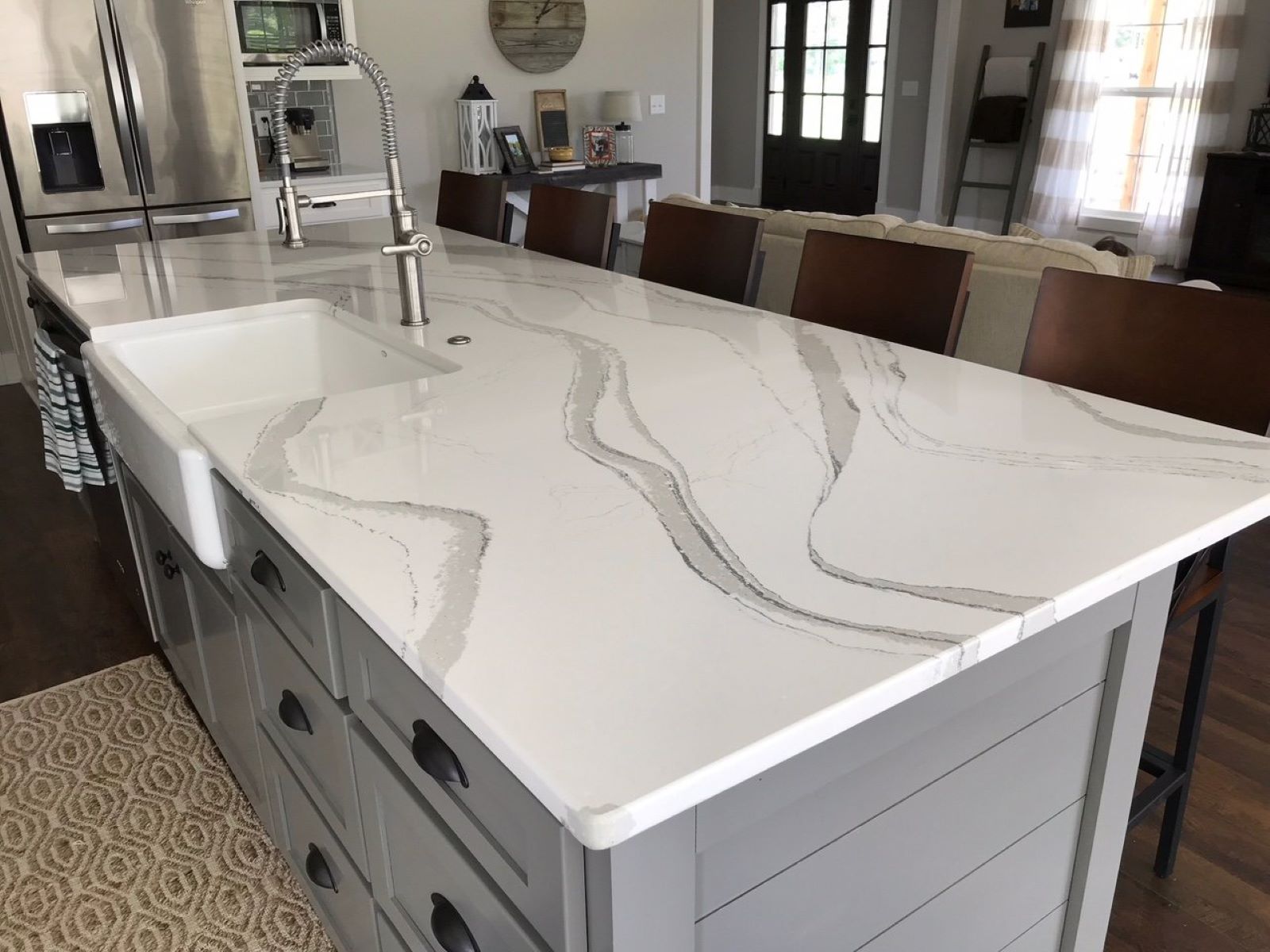

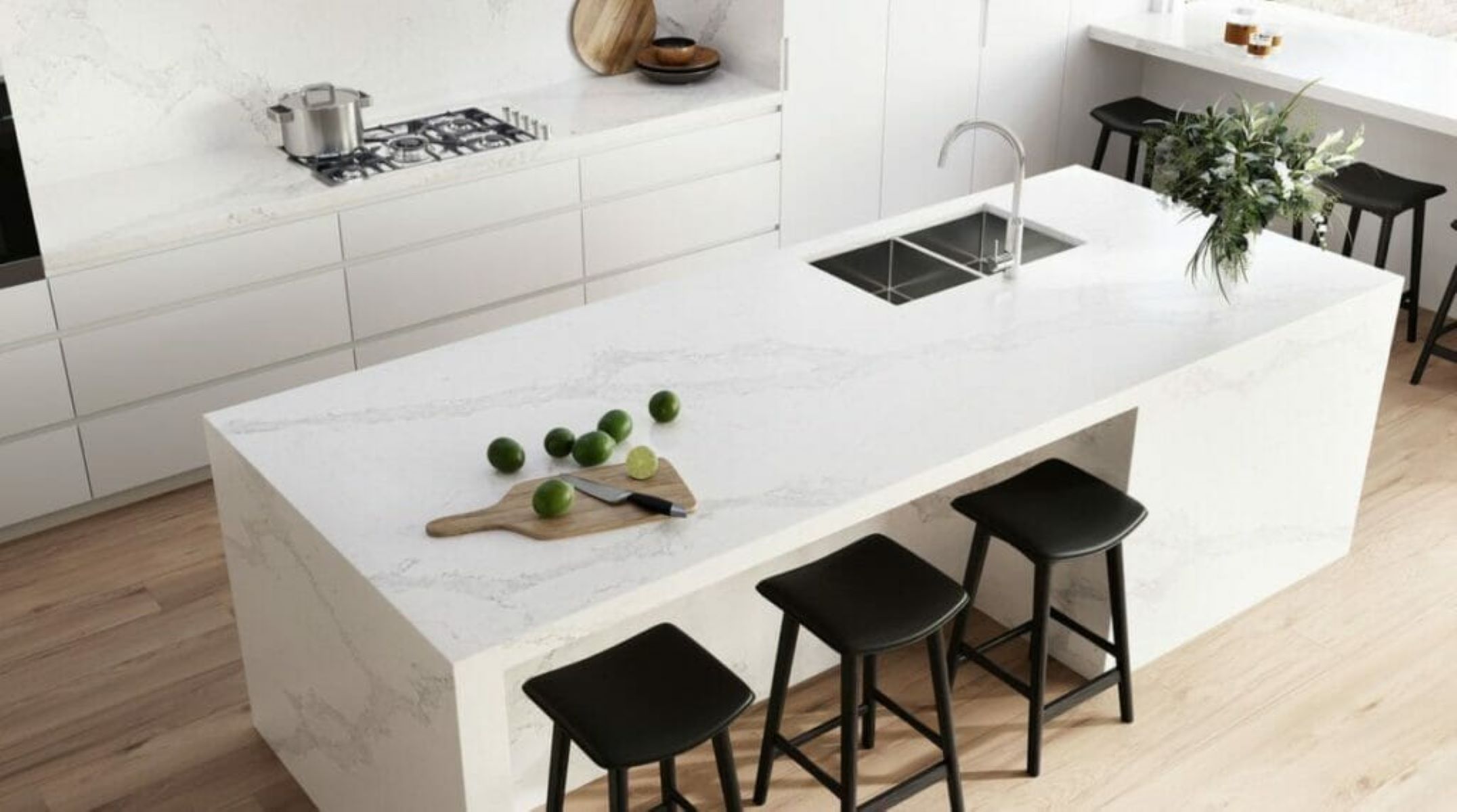
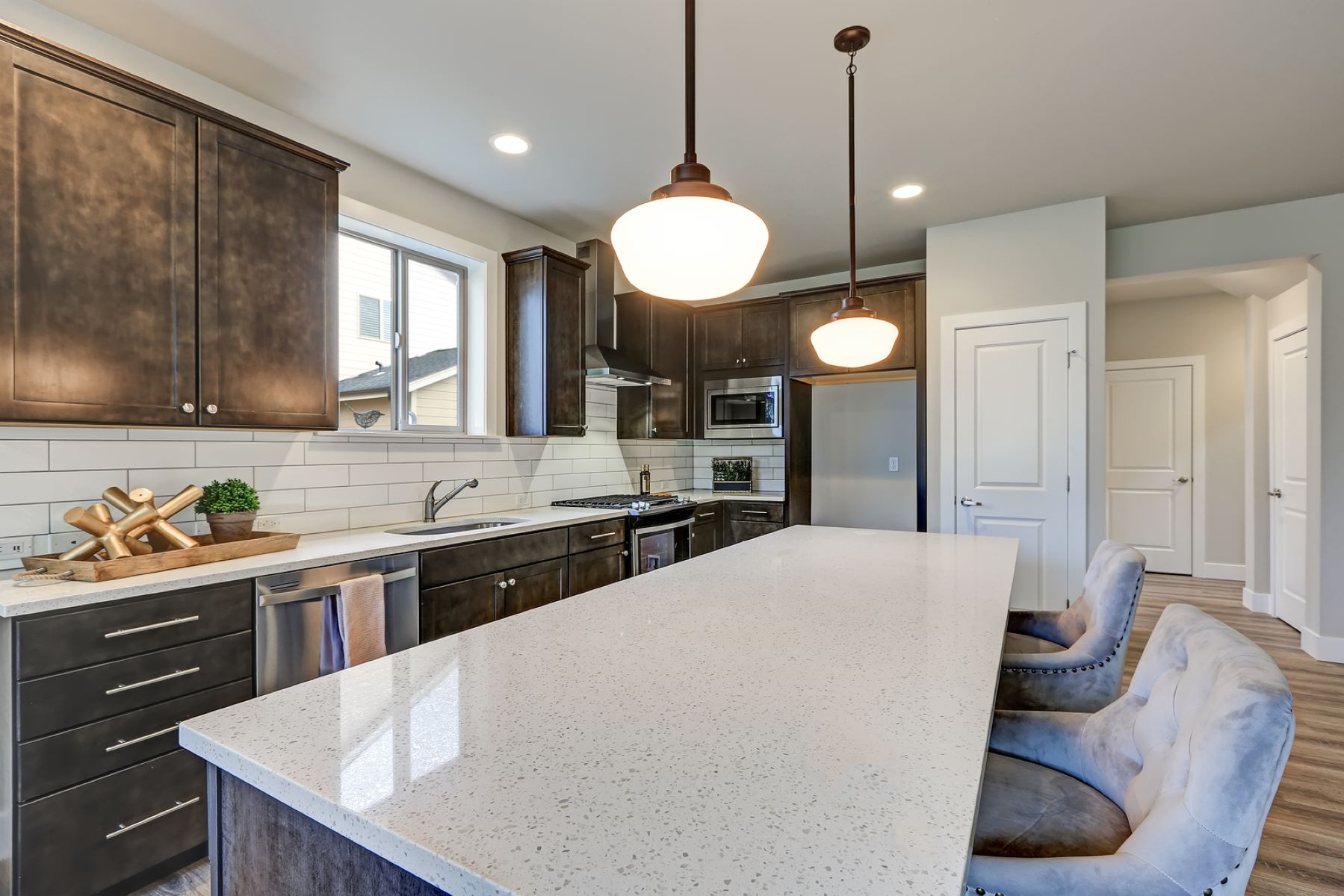
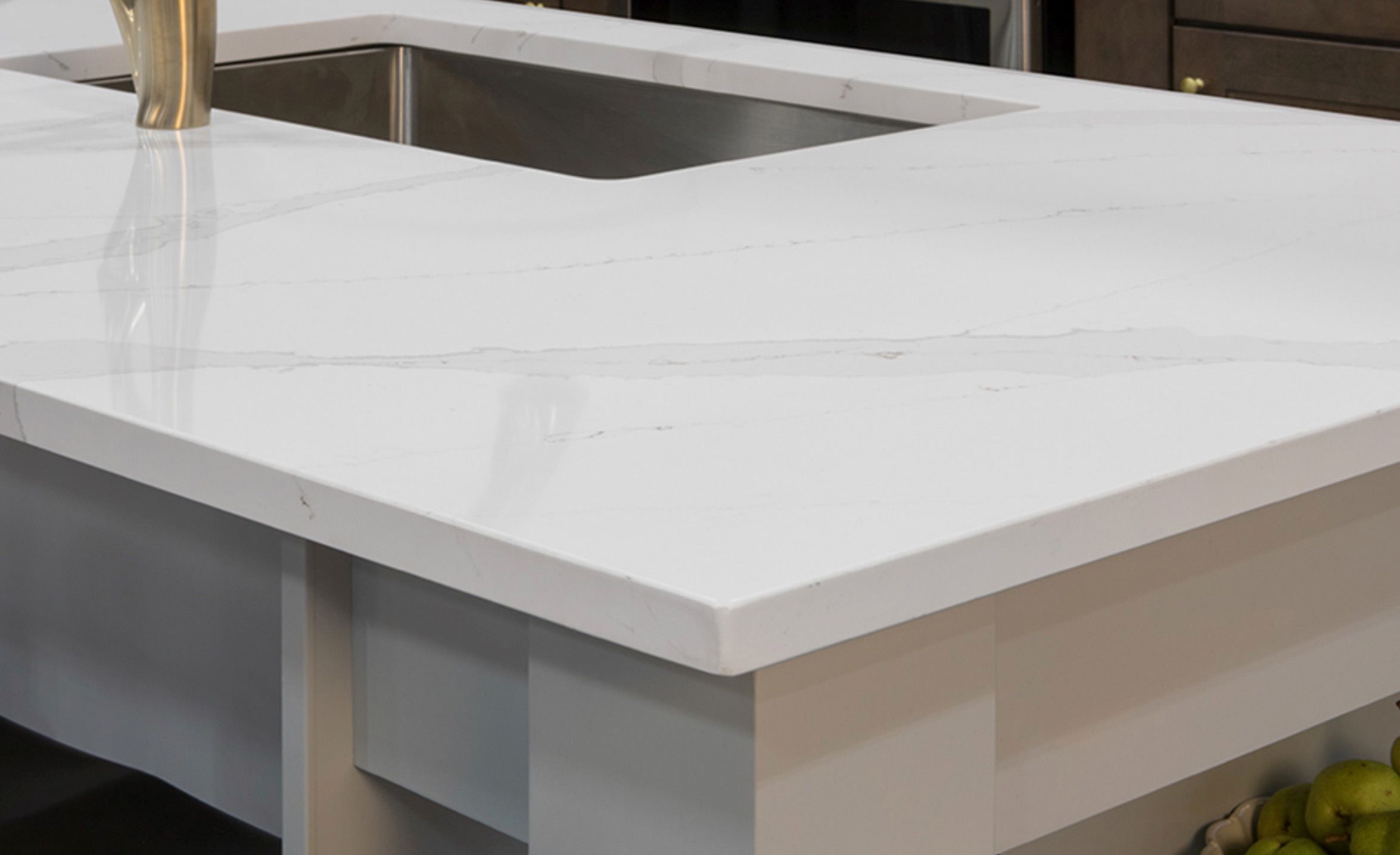
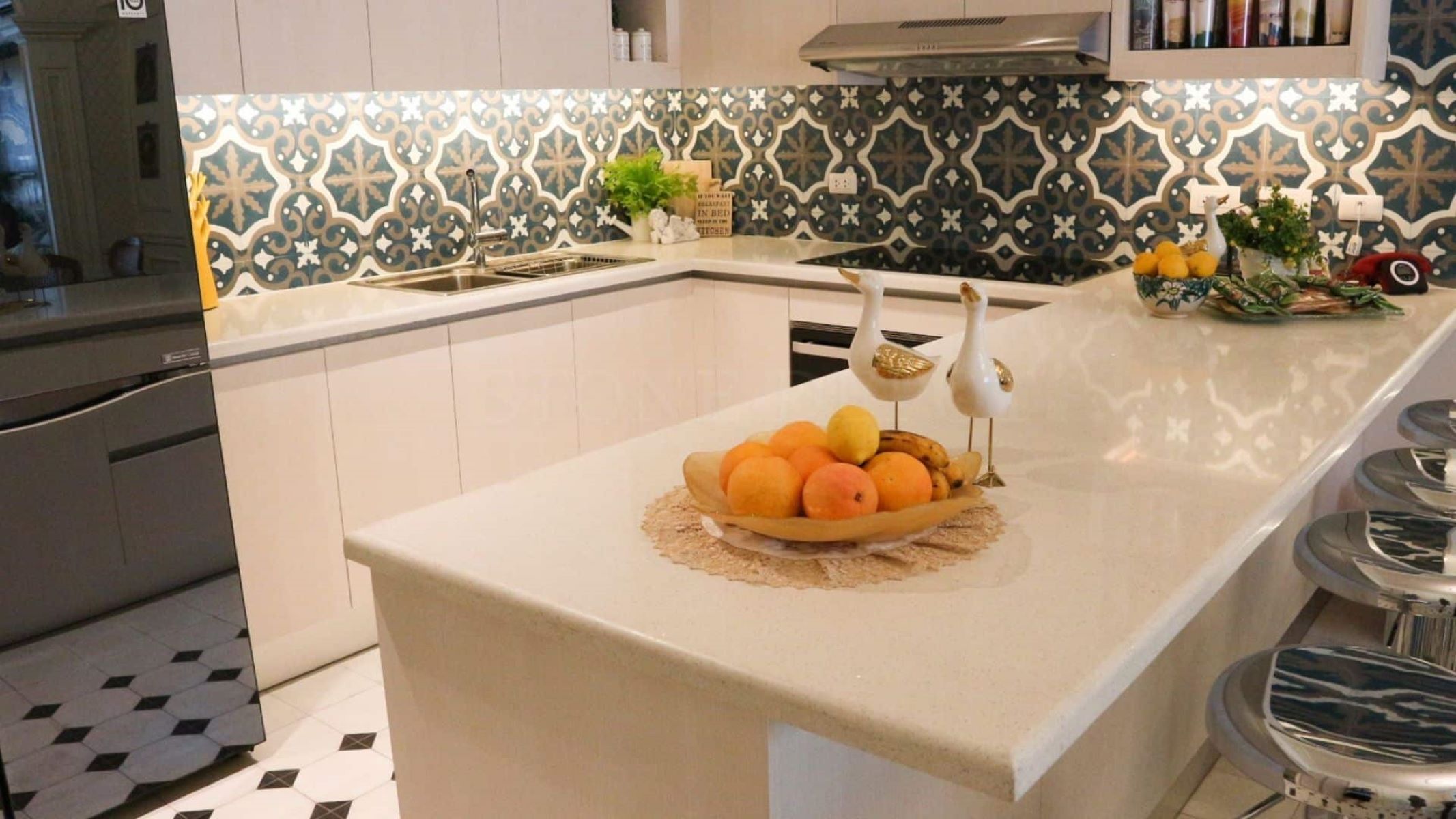
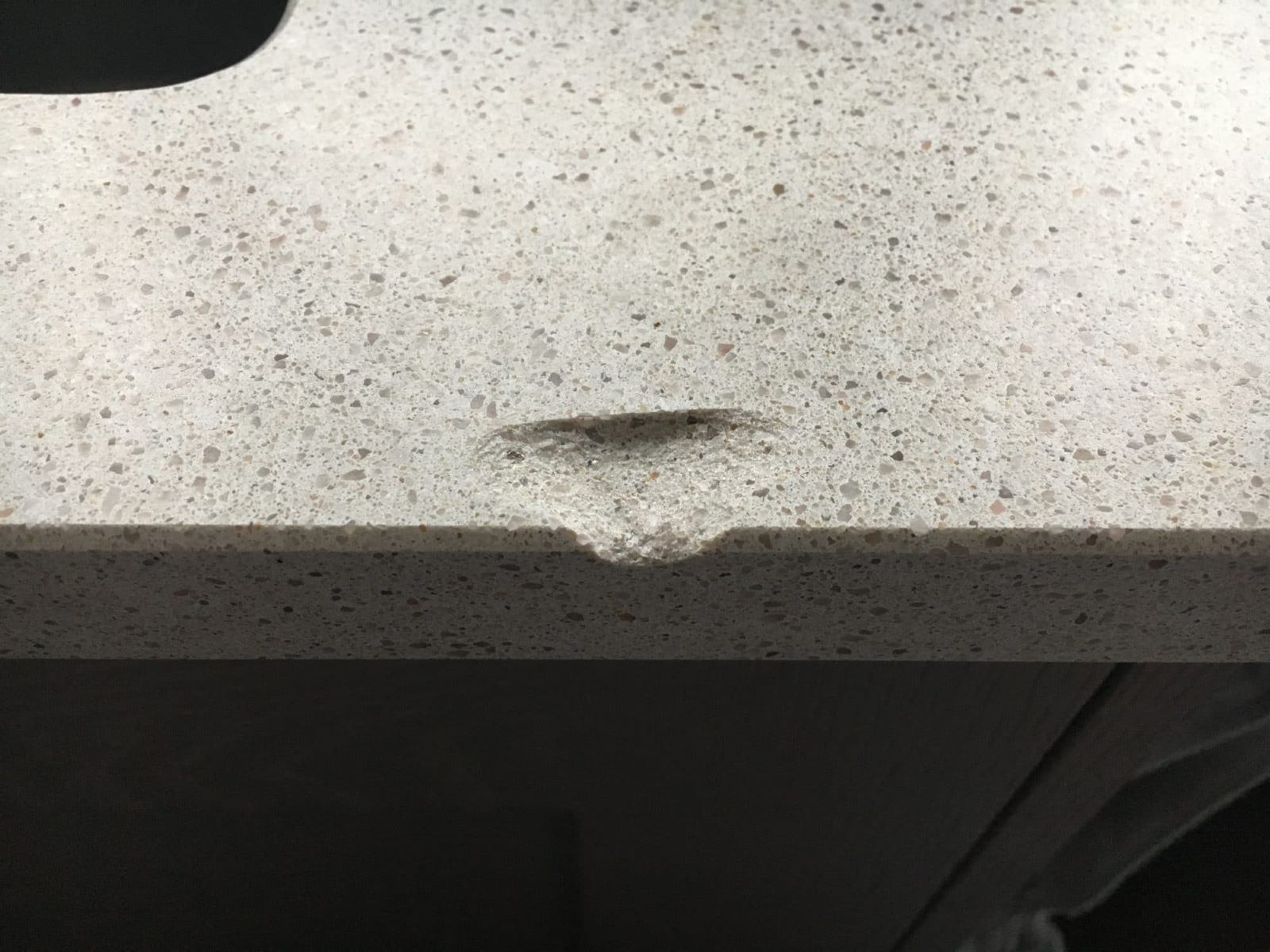
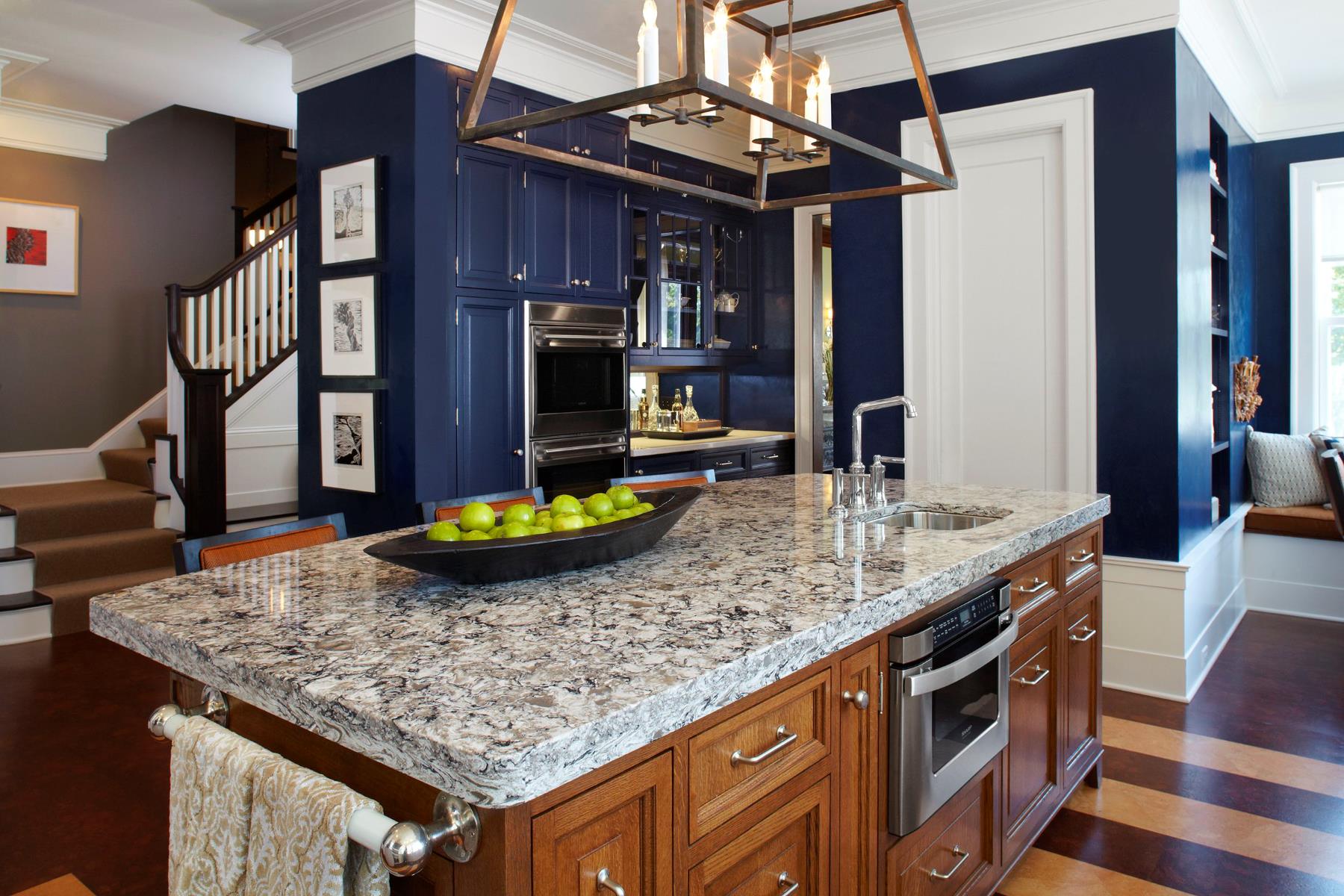
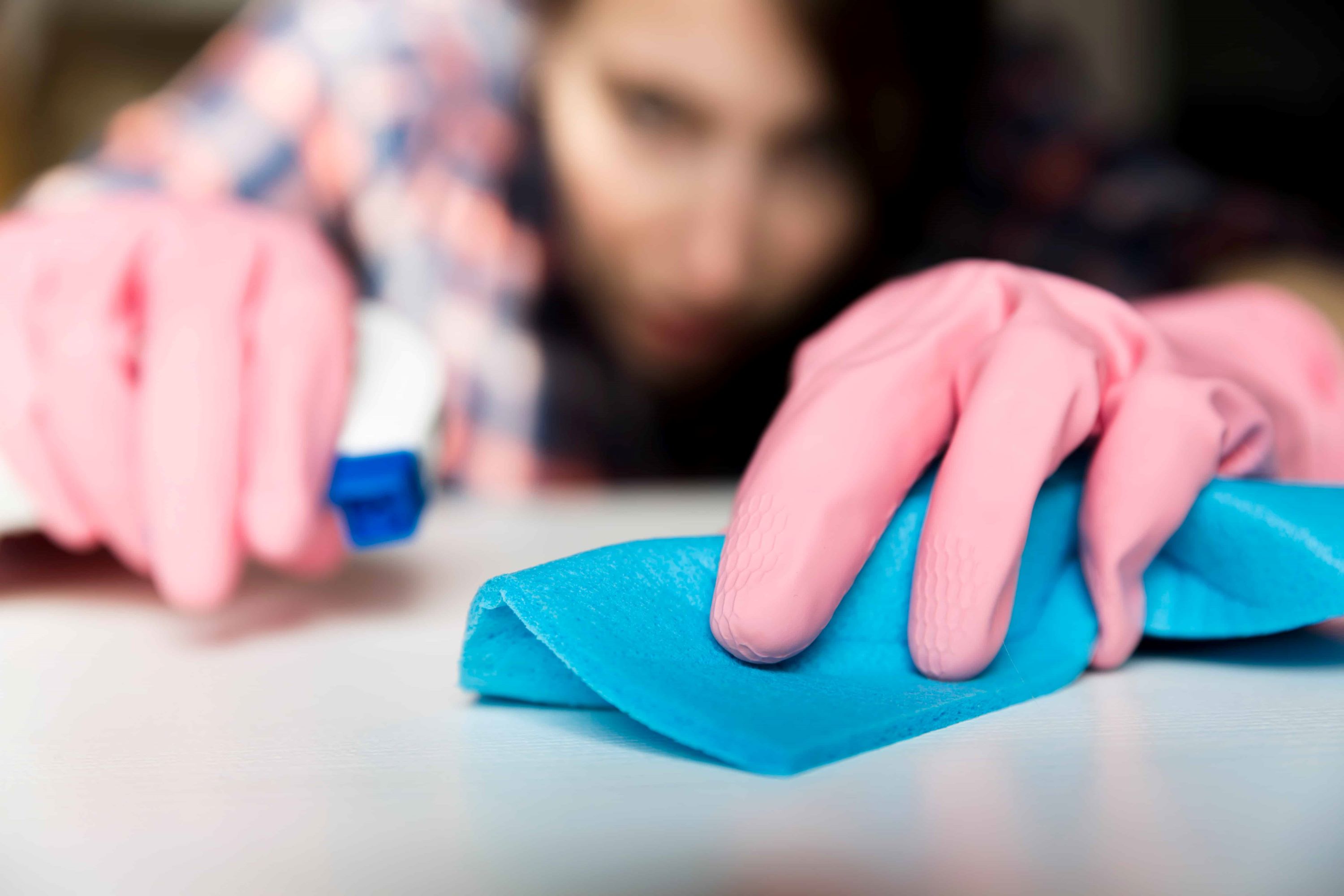
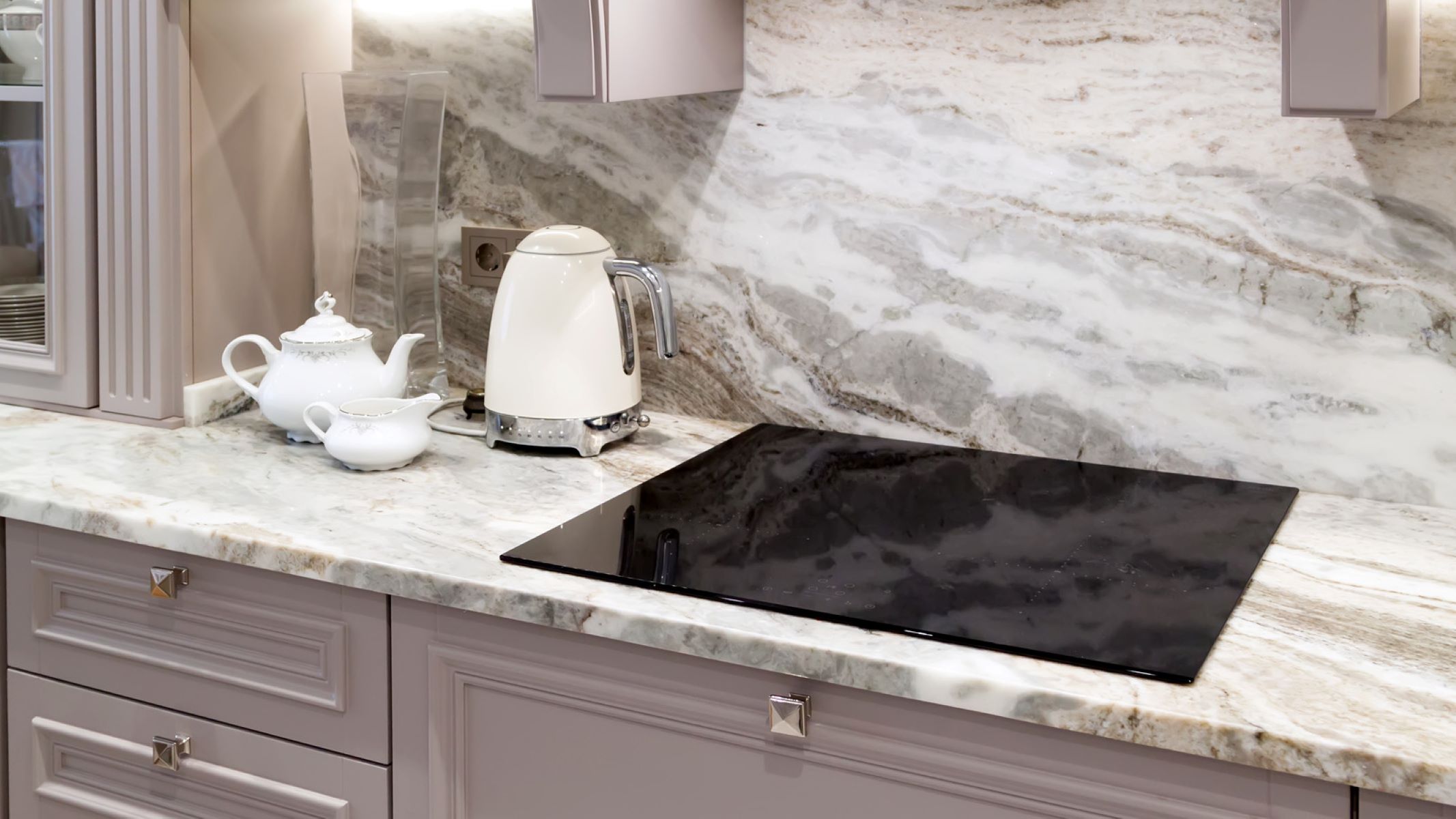
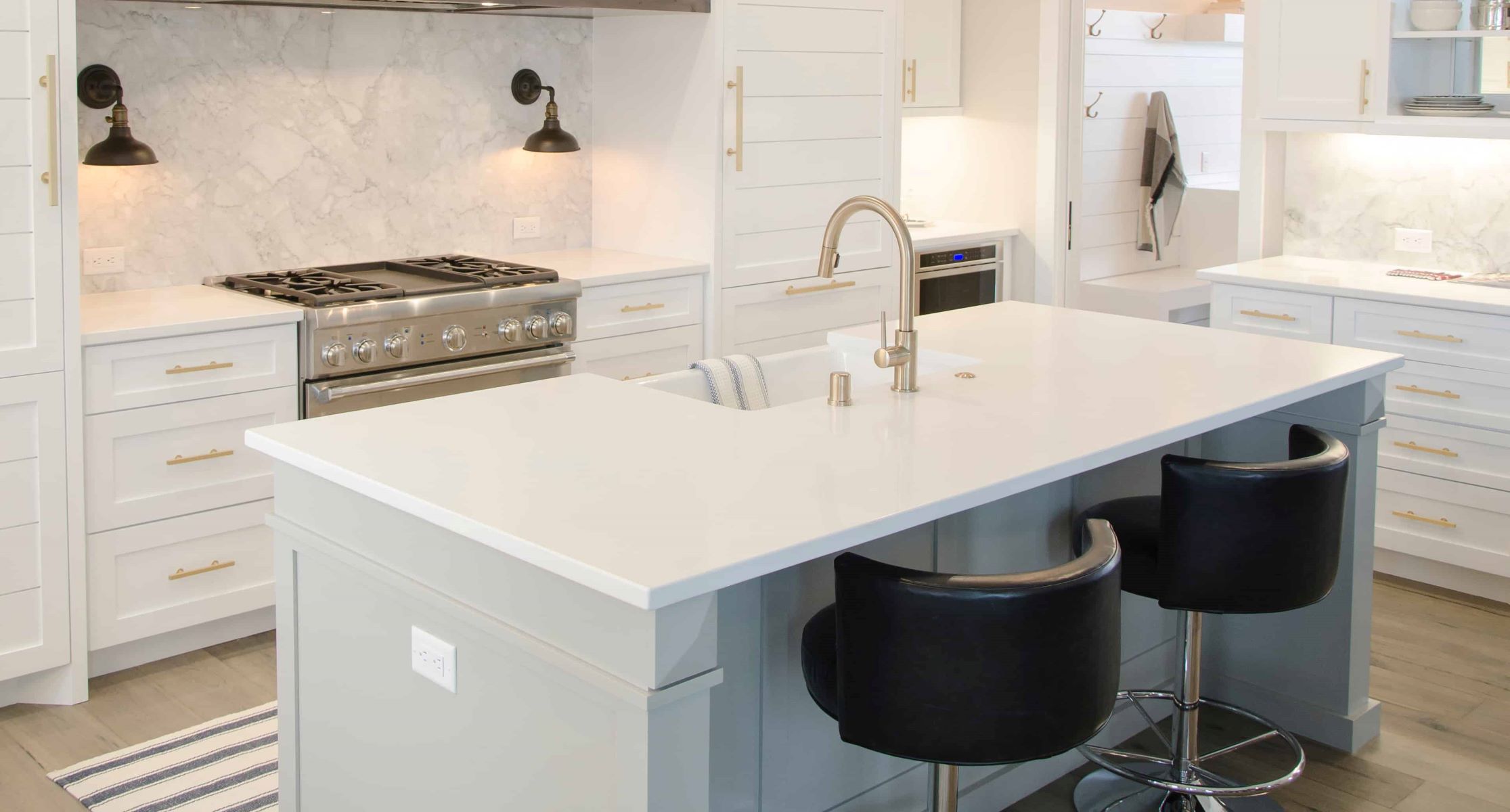
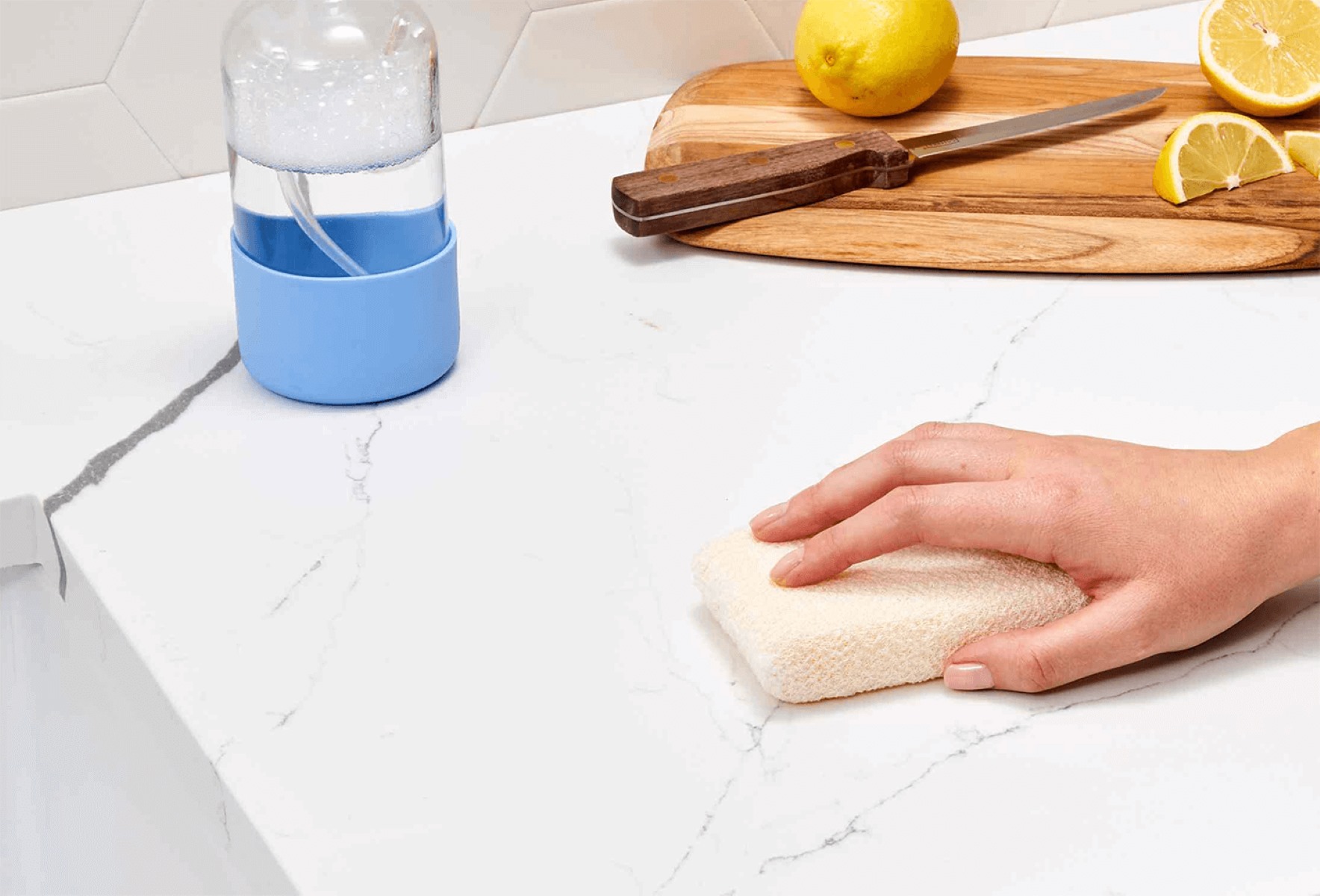
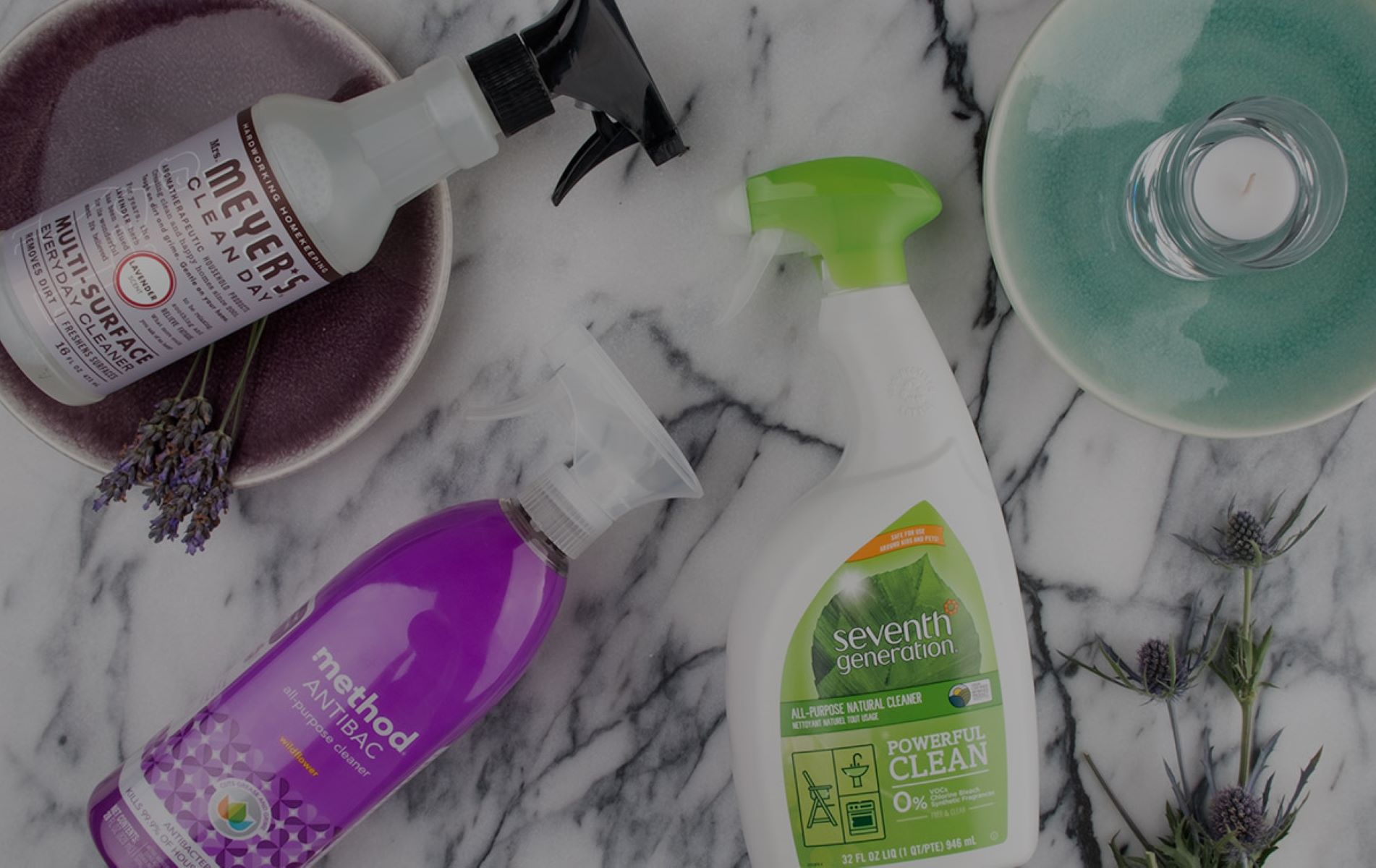
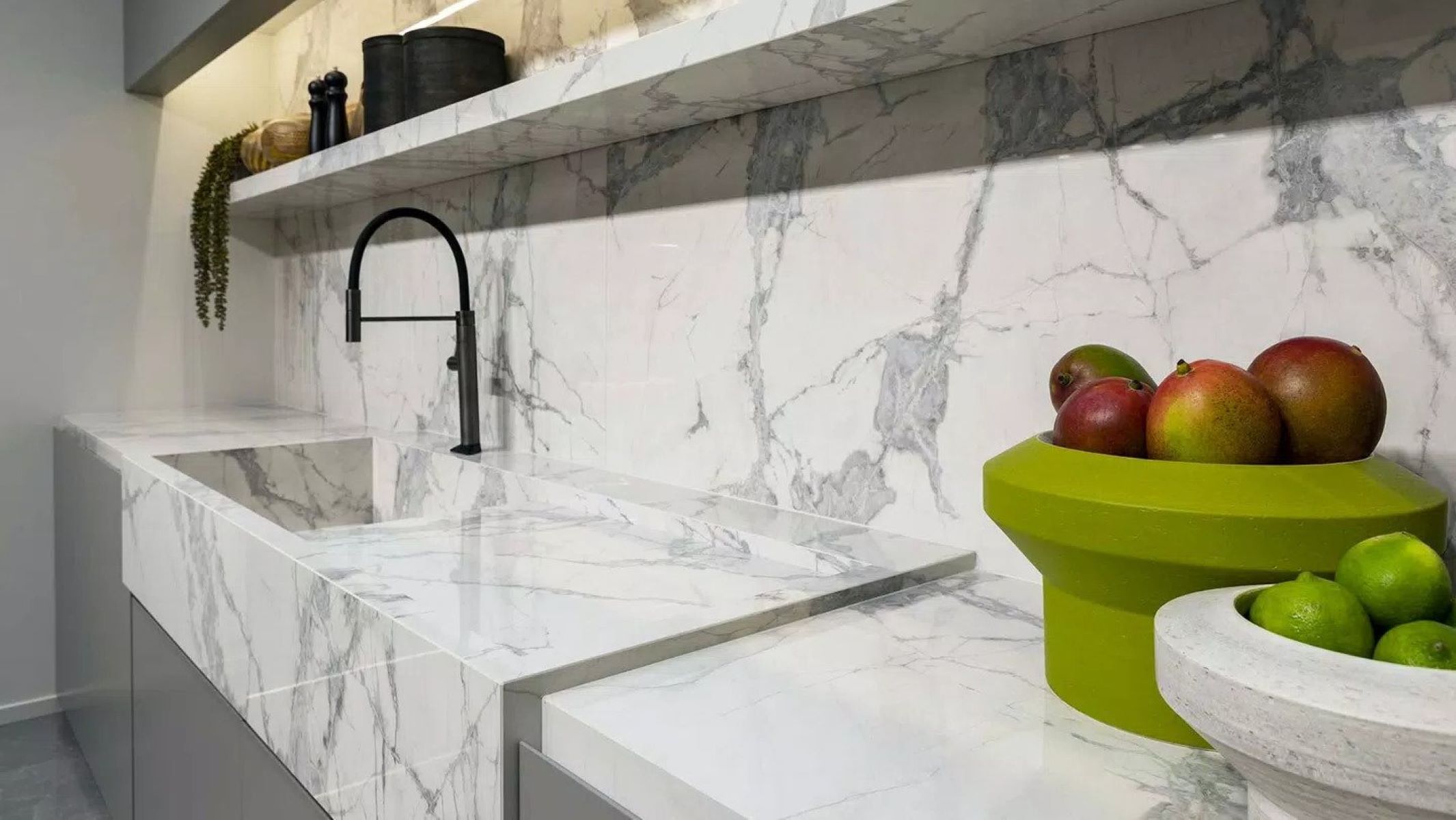

0 thoughts on “How Strong Are Quartz Countertops”